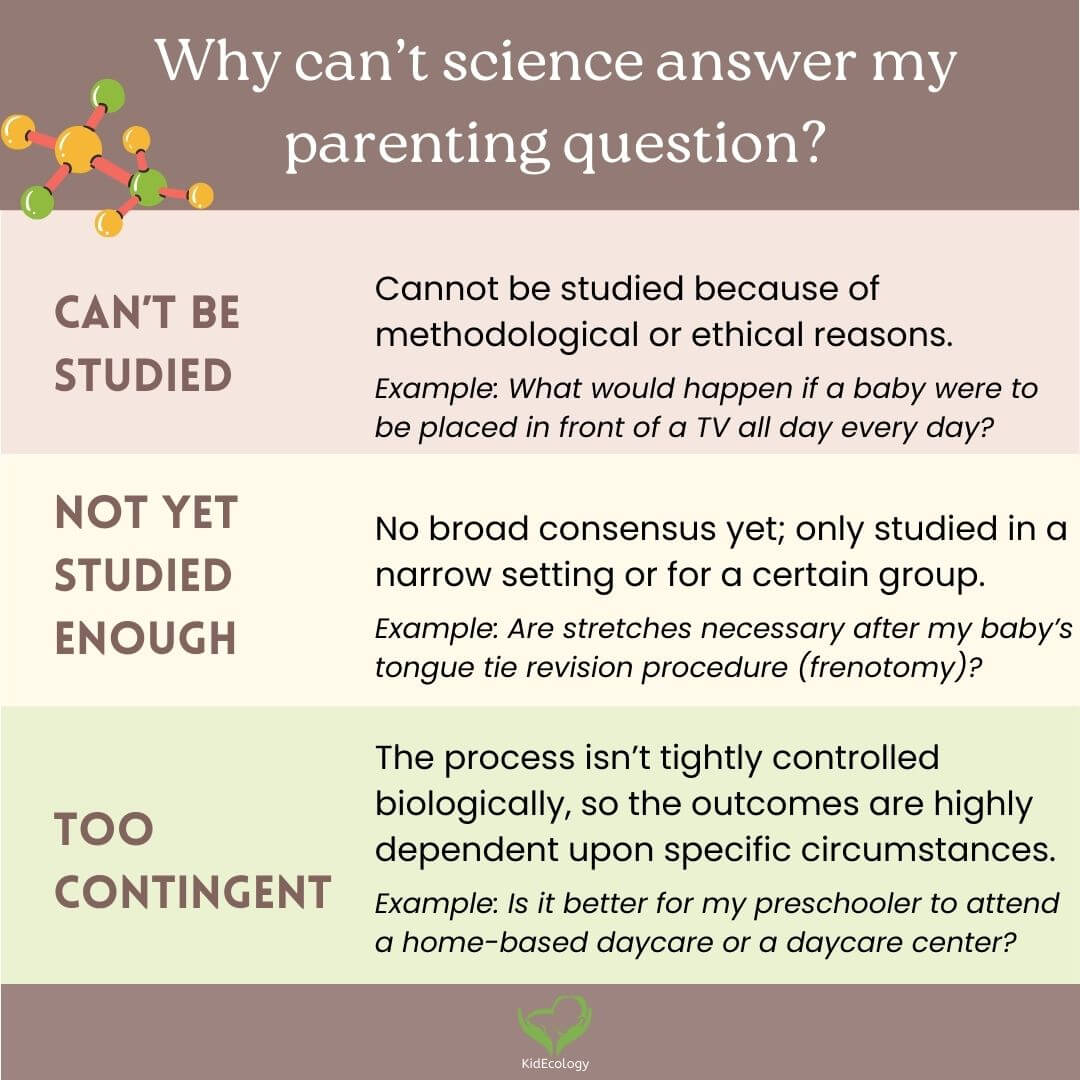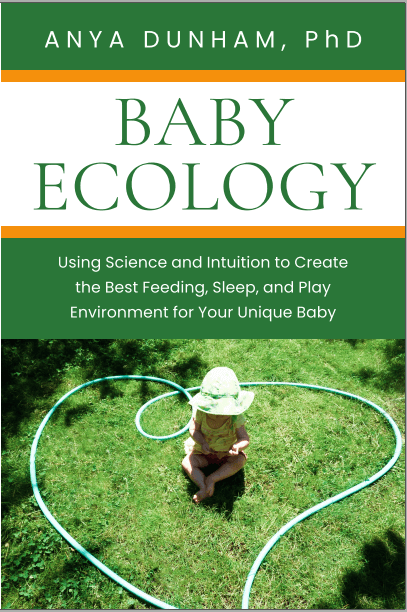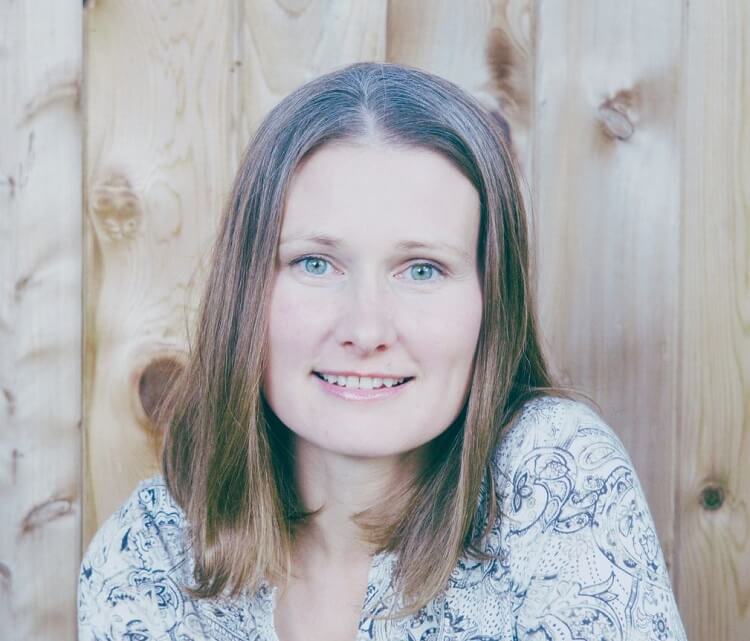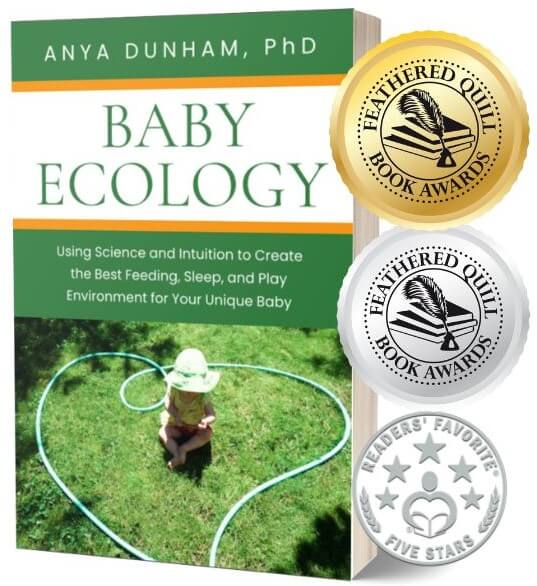Baby Ecology book is here! Learn more
Baby Ecology book is here!
- Home
- Maternal instinct myth
- Parenting techniques
- Questions science cannot answer
Parenting questions science cannot answer
by Anya Dunham, PhD
Three reasons why there are (and always will be) parenting questions science cannot answer.

One of my favourite things to do is to answer questions from readers; here on my website, over e-mail, and in online parenting communities. I especially enjoy questions that require me to think deeply and dig into the research far and wide.
But quite often a question comes along that doesn't really have a research-based answer. At least, not a direct one.
If you tend to turn to science when making parenting decisions, you, too, will inevitably come up with a question that research is unable to answer. And it's not necessarily a bad thing.
Why are there parenting questions science cannot answer?
I see three main reasons:
- The topic behind your question cannot be studied for ethical or methodological reasons (or both)
- The topic has not yet been studied enough
- The question is too contingent
The first two of these reasons are pretty well known and intuitive. But the third one - parenting question being too contingent, too dependent upon specific circumstances - is quite a bit less obvious. Let's explore this third reason a bit.
What I mean by "too contingent"
A too-contingent parenting question is too dependent upon specific circumstances, because the process or phenomenon at its core isn't tightly controlled by biology. In other words, such question has much more to do with social factors than biological factors.
When the process is tightly controlled by biology, knowing averages and ranges can be very helpful
Some numbers come are tightly controlled by biology. For example:
- baby growth percentiles
- typical age ranges babies are ready for solids
- age ranges babies commonly reach gross motor milestones
These numbers come from processes like growth or metabolism that are tightly controlled by biology, with strong feedback loops. As long as you remember to look not only at the average, but at the whole (often quite wide) range, you can use these numbers as guideposts to gauge how things are going in your family.
When there are more social factors than biological, averages and ranges are much less helpful
But other numbers come with too many individual factors at play, many of which are social, not biological. For example:
- the probability of a repeat birth injury
- what is better, multi-age home-based childcare or center-based daycare
- the number of kids that makes the happiest families
Yes, it might be possible to find answers to some of these questions on a population level, and that’s very important for public health decisions. But these numbers may not be that useful to you as an individual as they may or may not reflect your particular situation well. The range around the average is often very, very wide, and where you land depends on your unique circumstances. It is often still good to know the range, but it's very important to consider your specific circumstances. (Side note: This is also the reason why many of the "best" parenting techniques don't work for your child.)
As another example, a baby’s growth – a tightly biologically controlled process – is going to differ from average only so much. But although where I live I have a 1-in-a-million chance of getting struck by lightning in my lifetime (in general), if today I am standing on top of a hill, in a thunderstorm, with a metal pole in my hands, my chances are much, much higher. And although the odds of a repeat severe tearing in childbirth are about 3% on average, an individual person’s unique circumstances might make it much higher.
BOTTOM LINE: if you're looking for answers to questions like "How/where should I give birth?" or "Where should my baby sleep when we travel?", please don’t hold on to the average, however comforting it may sound. Instead, seek and carefully consider information and advice for your specific, unique situation.
Do you find this distinction helpful? Do you have a parenting question that's difficult or impossible to answer by looking at the research? Let me know!
Using hundreds of scientific studies, Baby Ecology connects the dots to help you create the best environment for sleep, feeding, care, and play for your baby.
Warmly,
Anya





